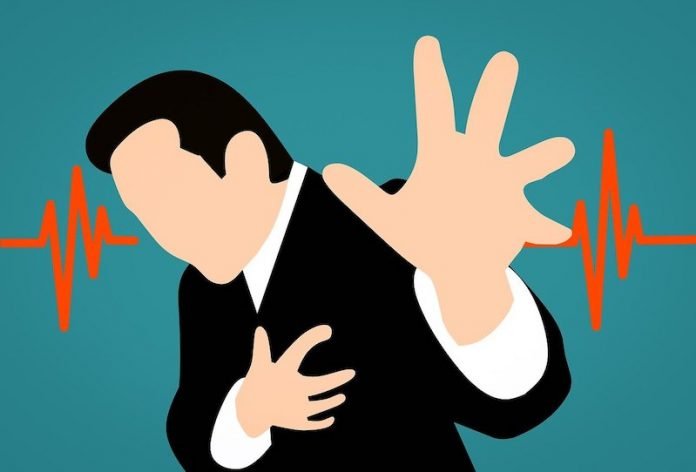
Calcium is part of the fatty plaque that builds up in arteries supplying blood to the heart and brain and can lead to blockages, causing heart attacks or strokes.
As plaque becomes more calcified and hardens, it becomes more visible on a heart CT scan.
In a recent study from UT Southwestern, researchers found the amount of calcified plaque in the heart’s arteries is a better predictor of future heart attacks than of strokes.
They tested how well the amount of calcium detected by a CT scan of the heart predicted whether people would have a stroke or a heart attack in the next 10 years.
The study is the first to examine the predictive value of recently recommended coronary artery calcium (CAC) score categories for heart attacks and strokes.
The study is published in Circulation: Cardiovascular Imaging. One author is Parag Joshi, M.D.
In the study, the team analyzed data from more than 7,000 participants in two large studies.
They divided study participants by the AHA/ACC calcium risk categories – 0, 1-99, and 100 or above – to evaluate how useful the calcium scores would have been in predicting heart attacks and strokes.
They found there was a twofold greater risk of heart attack than stroke at CAC levels at or above 100, a score indicating moderate to high levels of calcified plaque.
The risk level for both heart attacks and strokes rose a bit for those with scores of 1-99, yet still remained below 6%.
At this level, women did have a greater increase in the risk for stroke than for heart attack, whereas men had a higher heart attack risk than stroke.
For participants with a calcium score of zero, there was a similarly low risk of either a stroke or a heart attack in the coming 10 years.
That held true for Black, white, and Hispanic men and women.
The findings could help guide health care providers as they decide how aggressively to treat patients with risk factors such as high cholesterol and blood pressure but who have never had a major cardiovascular event.
For doctors and patients, the findings could help tilt the scales either toward or away from using statin drugs to lower cholesterol in cases where the decision is not clear-cut from factors such as age, sex, cholesterol, systolic blood pressure, and smoking history.
Copyright © 2020 Knowridge Science Report. All rights reserved.



